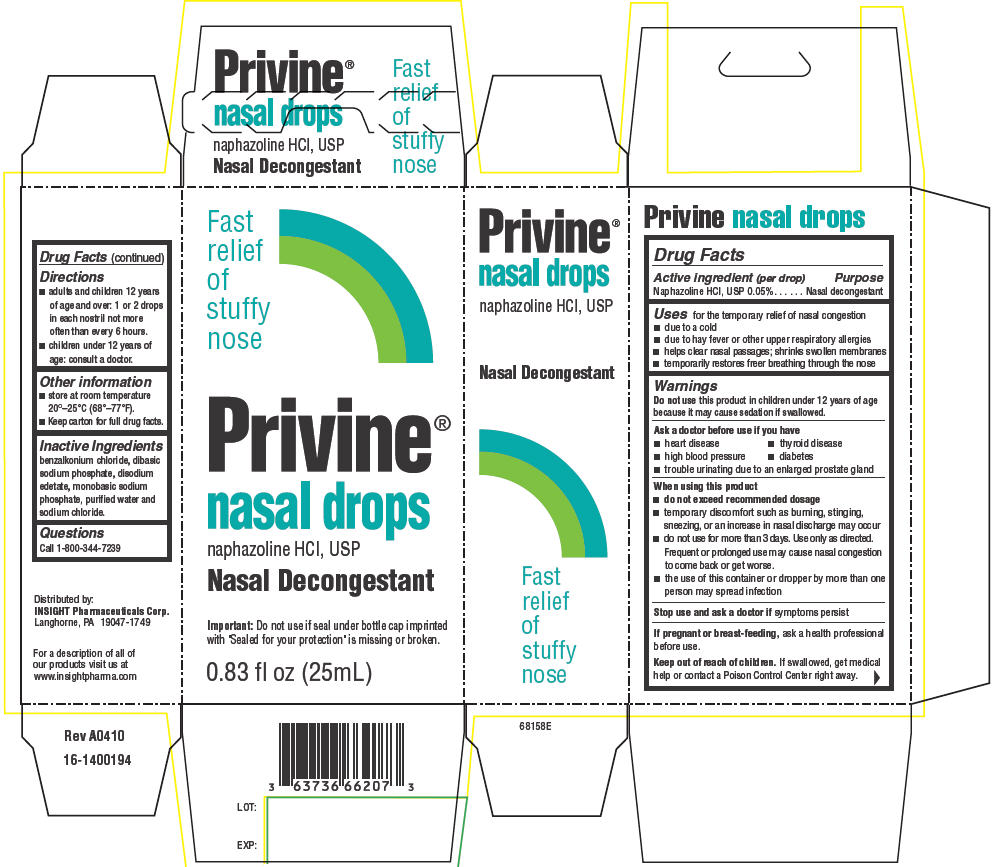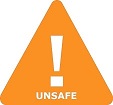Privine | Naphazoline Hydrochloride Suspension/ Drops while Breastfeeding

What is Privine | Naphazoline Hydrochloride Suspension/ Drops used for?
Brief: Nasal decongestant
Is Privine | Naphazoline Hydrochloride Suspension/ Drops safe to use while breastfeeding? Can it interfere with growth and development of my kid?

Privine | Naphazoline Hydrochloride Suspension/ Drops Breastfeeding Analsys
Naphazoline hydrochloride while Breastfeeding
UnsafeCAS Number: 835-31-4
Sympathomimetic drug that is topically used for treatment of nose or the eye. On last update no relevant published data related to breastfeeding were found. Nasal use: Avoid high dosing and do not use for longer than 3 days: as an adrenergic agonist drug it could be absorbed and a cause of side effects (vascular hypertension or hypotension, irritability, heart arrhythmia) in both the mother and the infant. Long term maintained doses may decrease milk production. Low risk in Ophthalmologic use: A small dose together with a low plama level of most nasal and ophthalmologic compounds make that a significant excretion into breast milk would be unlikely.
I am nursing mother and I have already used Privine | Naphazoline Hydrochloride Suspension/ Drops, what should I do?
We have already established that Privine | Naphazoline Hydrochloride Suspension/ Drops is unsafe in breastfeeding and breastfeeding while using Privine | Naphazoline Hydrochloride Suspension/ Drops is not a good idea however if have already used
My health care provider has asked me to use Privine | Naphazoline Hydrochloride Suspension/ Drops, what to do?
If your doctor knows that you are breastfeeding mother and still prescribes Privine | Naphazoline Hydrochloride Suspension/ Drops then there must be good reason for that as Privine | Naphazoline Hydrochloride Suspension/ Drops is considered unsafe, It usually happens when doctor finds that overall advantage of taking
If I am using Privine | Naphazoline Hydrochloride Suspension/ Drops, will my baby need extra monitoring?
Yes, Extra monitoring is required if mother is using Privine | Naphazoline Hydrochloride Suspension/ Drops and breastfeeding as it is considered unsafe for baby.
Who can I talk to if I have questions about usage of Privine | Naphazoline Hydrochloride Suspension/ Drops in breastfeeding?
US
National Womens Health and Breastfeeding Helpline: 800-994-9662 (TDD 888-220-5446) 9 a.m. and 6 p.m. ET, Monday through Friday
UK
National Breastfeeding Helpline: 0300-100-0212 9.30am to 9.30pm, daily
Association of Breastfeeding Mothers: 0300-330-5453
La Leche League: 0345-120-2918
The Breastfeeding Network supporter line in Bengali and Sylheti: 0300-456-2421
National Childbirth Trust (NCT): 0300-330-0700
Australia
National Breastfeeding Helpline: 1800-686-268 24 hours a day, 7 days a week
Canada
Telehealth Ontario for breastfeeding: 1-866-797-0000 24 hours a day, 7 days a week
